Affiliated Faculty
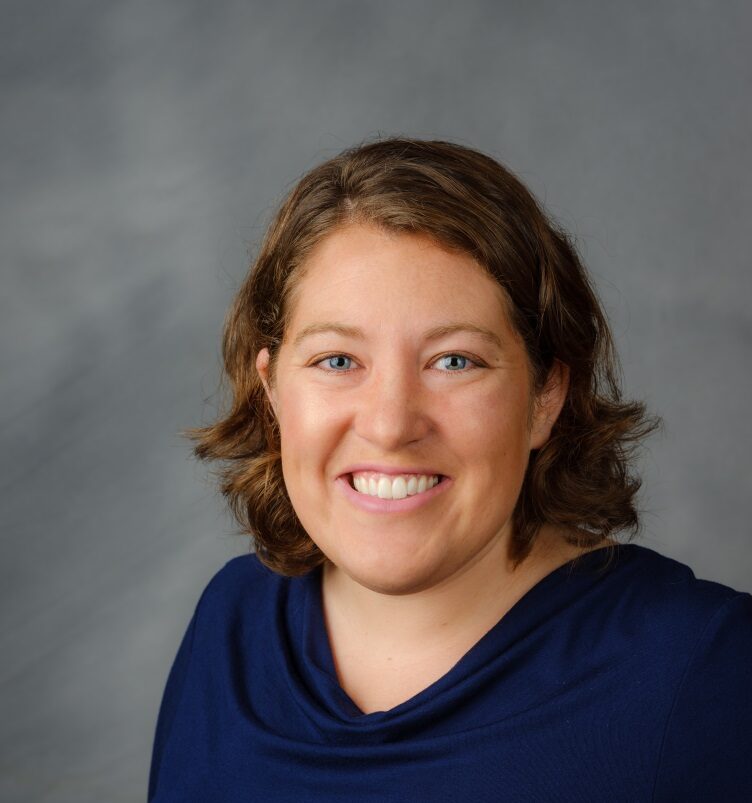
Shannon Brady, Ph.D.
Dr. Shannon Brady is an Assistant Professor of Psychology at Wake Forest University. Broadly, her research examines how people make meaning of themselves and the environments they find themselves in and how this affects their well-being, achievement, relationships, and health. She is particularly interested in how the messages and practices of institutions that structure our lives—particularly schools—can foster or thwart individual well-being and success and help or hinder efforts toward equity and inclusion. By developing and testing social-psychological interventions, she seeks to advance theory, elucidate psychological dimensions of major social issues, and develop new ways to improve individual and community life. One of her favorite classes to teach at Wake Forest is her first year seminar, the Psychology of Inequality. Before graduate school, she was an elementary and middle school teacher at Taopi Cikala Owayawa (Little Wound School) on the Oglala Lakota Indian Reservation in South Dakota. She has a M.S. in Education from Black Hills State University and a Ph.D. in Developmental and Psychological Sciences from Stanford University. When not teaching or researching, she enjoys making and eating delicious food, spending time in nature, playing pinochle, and hanging out with her family.
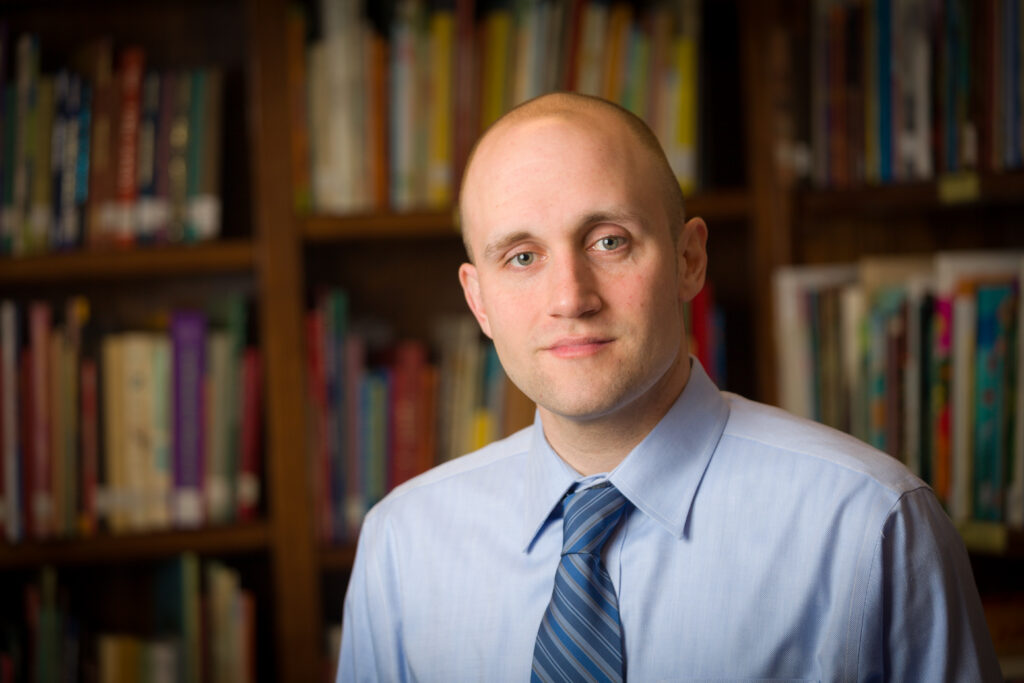
Alan Brown, Ph.D.
Dr. Alan Brown is Professor of English Education at Wake Forest University. A former high school English teacher and basketball coach, he now serves as department chair in the Department of Education. He is the inaugural director for the Wake Forest Center for Literacy Education, director of the Skip Prosser Literacy Program, and co-PI for Winston-Salem TEACH, an inter-institutional teacher residency program among Wake Forest University, Winston-Salem State University, Salem College, and Winston-Salem/Forsyth County Schools. Dr. Brown teaches undergraduate and graduate courses on topics including action research, adolescent literacy, arts integration, educational leadership, English methods, secondary education, and young adult literature. His scholarly interests include critically examining the culture of sports in schools and society while connecting contemporary literacies to students’ extra-curricular interests. He is the co-author of Reading the World through Sports and Young Adult Literature (NCTE, 2024), co-editor of Developing Contemporary Literacies through Sports (NCTE, 2016), and has published in numerous English language arts, education, and sport journals.
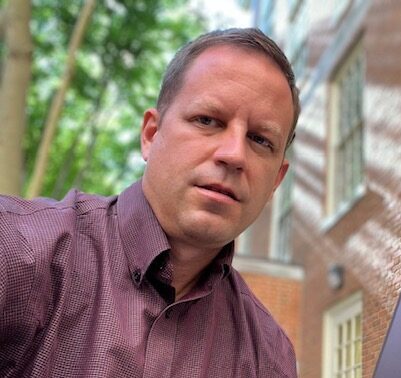
Brian Calhoun
Brian Calhoun is an educator and counselor based in North Carolina. He has taught in the College to Career program at Wake Forest University since July 2012 (WFU Department of Counseling and Education – respectively).
As a counselor he has worked with Dr. Mark Scholl (Wake Forest University – Department of Counseling) to create a local Career Support Workshop series – Promoting the Resilience of Community Ex-Offenders. In addition, he has provided group counseling support for families/caregivers of those living with Alzheimer’s at the Sticht Center (Atrium Health Wake Forest Baptist – Winston-Salem, NC). Mr. Calhoun has helped author / work on the Care Train project with Dr. Philip Clarke (WFU Department of CNS) – peer-led Dementia Support for African American caregivers.
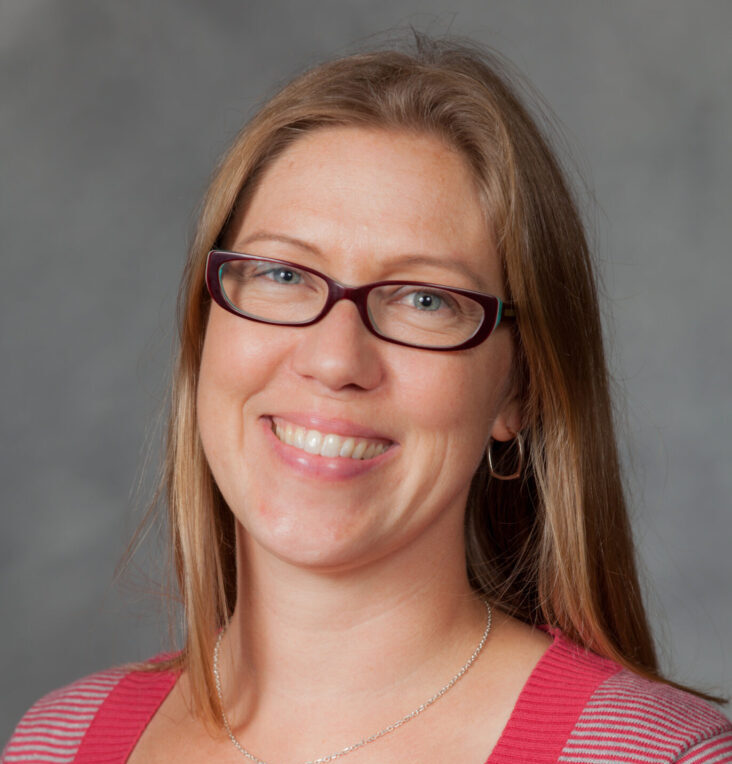
Karin Friederic, Ph.D.
Karin Friederic is an Associate Professor of Anthropology at Wake Forest University whose research examines the intersections of human rights, gender, violence, and health in Latin America and Sweden. Her scholarship and teaching interests span medical anthropology, global health, transnational feminism, global inequality, disability studies, and the study of chronic “contested” illnesses.
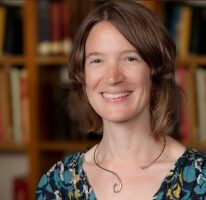
Annalise Glauz-Todrank, Ph.D.
Annalise Glauz-Todrank’s scholarship focuses on the intersections of religion, race, and law in the configuration of Jewish identification, particularly in the modern period. She investigates how these socially constructed categories become normalized, instantiate institutional inequalities, and shape conceptions of the self and the other. Currently, she is completing a manuscript entitled Judging Jewish Identity in the United States, in which she examines the 1987 U.S. Supreme Court case that provided race-based civil rights protection to Jewish Americans for the first time. Recent publications include articles in Religion Compass, Critical Research on Religion, and Who Is a Jew?: Reflections on History, Religion, and Culture, edited by Leonard Greenspoon. She has a forthcoming chapter in Race with Jewish Ethics entitled “Jewish Critical Race Theory and Jewish ‘Religionization in Shaare Tefila Congregation v. Cobb.” She serves on the American Ethnic Studies and Jewish Studies Program councils at Wake Forest University, and she is a member of the Law, Religion, and Culture committee at the American Academy of Religion. Her classes include Introduction to Jewish Traditions, Approaches to the Study of Religion, Jewish Identities: Religion, Race, and Rights, Jews in the United States, and Modern Jewish Movements. Previously, she taught at Wesleyan University as a postdoctoral scholar, from 2010-2012, and at the University of California, Santa Barbara, where she earned her Ph.D. in Religious Studies. Her B.A. is from Hampshire College.

Andrea Gómez-Cervantes, Ph.D.
Andrea Gómez Cervantes is Assistant Professor in the Department of Sociology at Wake Forest University. Dr. Gómez Cervantes’ research interests include immigration, immigration policies, race/ethnicity, gender, Latina/x/os, health, and families. In her current project, Illegality in the Heartland, she investigates the effects of immigration policies on Latin American immigrants’ everyday lives and ethnoracial relations among Latin American immigrants. Dr. Gómez Cervantes is a University of California President’s Fellow, a Ford Fellow, and an American Sociological Association Minority Fellow. She earned her Ph.D. from the University of Kansas in 2019. Her work appears in Social Problems, Journal of Health and Social Behavior, Migration Letters, Sociology Compass, and Feminist Criminology.
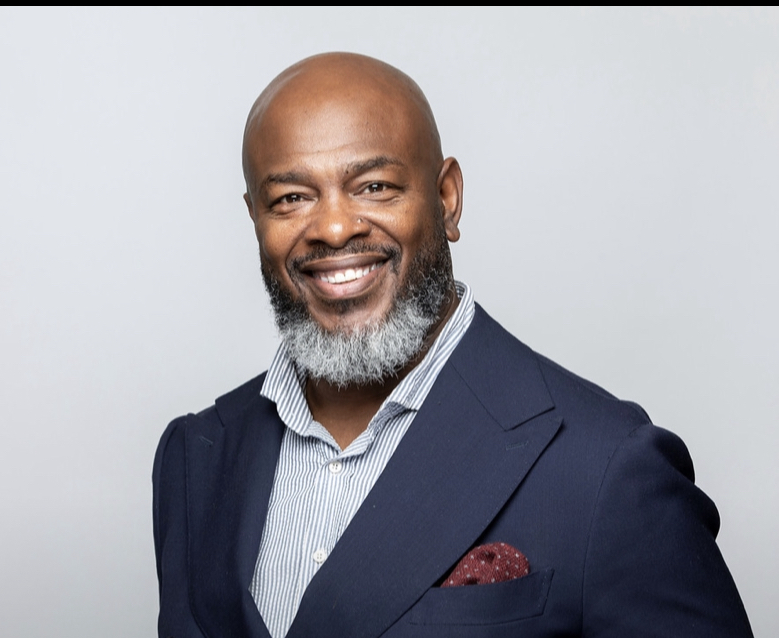
Derek Hicks, Ph.D.
Derek Hicks is Associate Professor of Religion and Culture at Wake Forest University’s School of Divinity. He teaches and researches broadly in the areas of African American religion, religion in North America, religion and foodways, and cultural studies. Currently, he serves as the co-chair of the Religion and Food Group steering committee with the American Academy of Religion. He also serves on the steering committee of Wake Forest University’s Slavery, Race, and Memory Project, a Wake Forest University initiative seeking to account for the institution’s role with slavery. Dr. Hicks is the author of the book Reclaiming Spirit in the Black Faith Tradition (Palgrave Macmillan, 2012). He is currently completing a second book entitled Feeding Flesh and Spirit: Religion, Food, and the Saga of Race in Black America (under review with UNC Press). In addition, he served as assistant editor of the volume entitled African American Religious Cultures (ABC-CLIO Press). He also contributed chapters for the books Blacks and Whites in Christian America: How Racial Discrimination Shapes Religious Convictions (New York University Press, 2012) and to the edited volume Religion, Food, and Eating in North America (Columbia University Press, 2014). He is also the co-author of an article entitled “How Much a Dollar Cost?”: Political Ideology, Religion, and Poverty Policy Through the Lens of Kendrick Lamar’s Music (Southern California Review of Law and Social Justice, Vol 28:2, 2019). Dr. Hicks is the founding director of the Center for Research, Engagement, and Collaboration in African American Life, which serves Wake Forest University’s intellectual community as an interdisciplinary research hub that promotes innovative programming and community engagement. In support of his scholarship, Dr. Hicks has been awarded fellowships and grants from the Ford Foundation, the Fund for Theological Education, the Louisville Institute, the Henry Luce Foundation, the Wabash Center, and the Louisville Institute. In 2017 he was awarded the “Martin Luther King Jr. Building the Dream Award” for his justice work at Wake Forest University and in the Winston-Salem community.

Julia S. Jordan-Zachery, Ph.D.
Julia S. Jordan-Zachery is professor and chair of the Women’s Gender and Sexuality Studies Department at Wake Forest University. Her interdisciplinary research focuses on African-American women and public policy. She is also the author of the award-winning book “Black women, cultural images and social policy” (2009 Routledge) and “Shadow Bodies: Black Women, Ideology, Representation, and Politics” (Rutgers University Press, 2017)and a number of articles and edited volumes including “Black Girl Magic Beyond the Hashtag” (Arizona University Press, 2019). Jordan-Zachery was awarded the Accinno Teaching Award, Providence College (2015-2016). Jordan-Zachery serves as the President of the Association for Ethnic Studies.
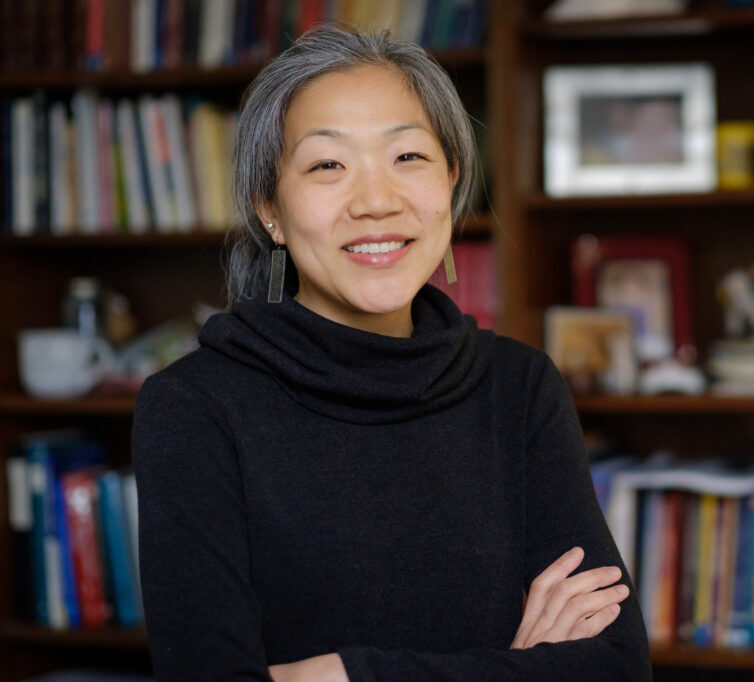
Lisa Kiang, Ph.D.
Lisa Kiang is a Professor of Psychology in the Department of Psychology at Wake Forest University. Dr. Kiang’s training is in developmental science. Her research focuses on self and identity, family and social relationships, and race/ethnicity. Her expertise includes racial/ethnic identity development and well-being among immigrant and minoritized youth. She has extensive experience collecting and analyzing data using longitudinal methods and school and community recruitment. Much of her work examines longitudinal processes and implications of identity formation and culturally-protective factors such as purpose, meaning, family relationships, and ethnic/racial socialization in the face of marginalization and discrimination. She has been co-PI on several grants (federal and foundation). More specifically, major themes include: (1) Relational approaches to self and identity: for example, how self-evaluations and social identifications vary across relationships and situational contexts and ultimately influence adjustment; (2) Protective influences in development: With a focus on youth from minoritized backgrounds, she is interested in uncovering ways to promote healthy well-being and more adaptive social relationships. Does cultural background or racial/ethnic identification have a protective role in development? What are the precise mechanisms by which these positive effects occur (e.g., through a deeper sense of social belonging or purpose in life), and (3) Racial/ethnic socialization among minoritized youth, including boosting the effectiveness of parent-child conversations to boost racial/ethnic identity and proactive, positive coping with discrimination.

Judith Madera, Ph.D.
Judith Madera is an Associate Professor of English and teaches courses about the intersection of race and environment. She is the author of Black Atlas (Duke UP) and her essays have appeared in Women’s Studies Quarterly, the Journal of Transatlantic American Studies, and Radical History Review. Recent work has been supported by the Mellon-National Endowment for the Humanities.
Madera has introduced courses such as Caribbean Studies; the Black Atlantic; Environmental Literature; and Radical Ecologies to the English Department and Interdisciplinary Honors. She has facilitated student learning projects with a number of community organizations, including the Boys & Girls Club; The Farm at the Children’s Home; El Buen Pastor Latino Community Services; Forsyth Humane Society; the Piedmont Environmental Alliance; SECU House and the Yadkin Riverkeeper.
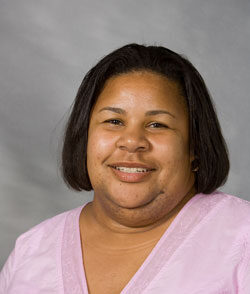
Erica Still, Ph.D.
Associate Professor of English
Associate Dean for Faculty Recruitment, Diversity, and Inclusion
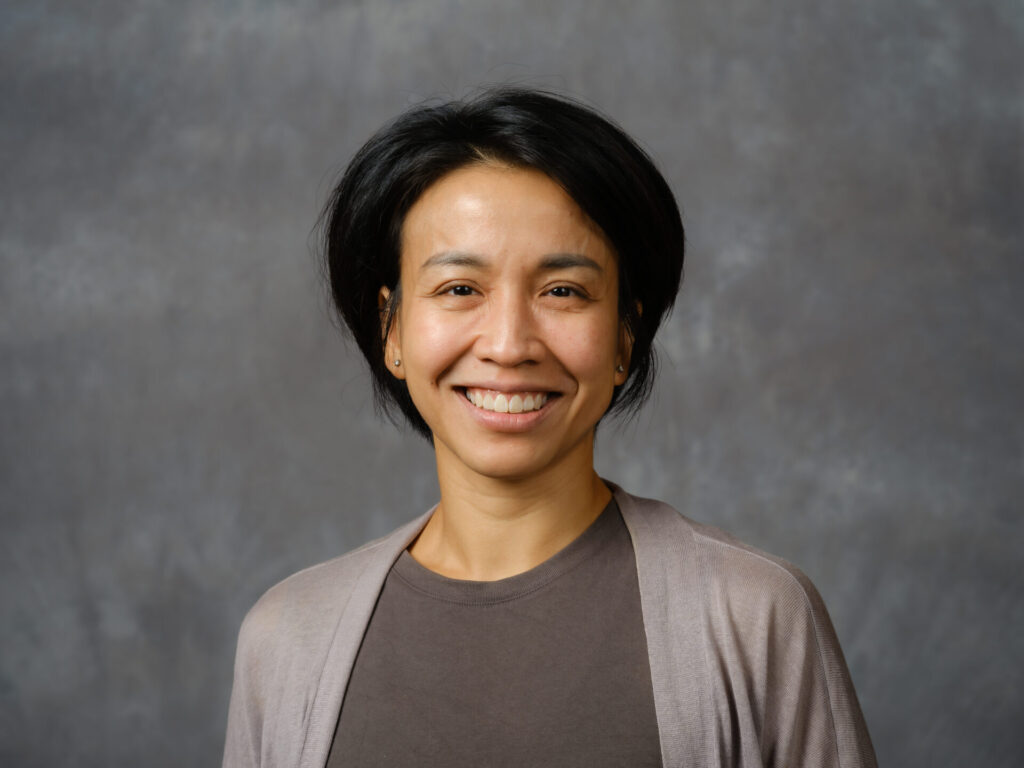
Risa Toha, Ph.D.
Risa Toha is an Associate Professor of Political Science at Wake Forest University.
Her research examines questions related to ethnic politics, political violence, and the political economy of development, with a regional focus on Southeast Asia. Her book, Rioting for Representation: Local Ethnic Mobilization in Democratizing Countries, examines the micro-dynamics of ethnic riots in Indonesia during its transition to democracy and argues that local political actors resort to violence to protest against exclusion in local politics. This book was published by Cambridge University Press. Her other works have been published in peer-reviewed journals such as the British Journal of Political Science, Terrorism and Political Violence, and Electoral Studies, among others.
She received her Ph.D. in Political Science from the University of California, Los Angeles, and her AB from the Woodrow Wilson School of Public and International Affairs at Princeton University. Prior to joining Wake, she was an Assistant Professor at Yale-NUS College in Singapore, an Indonesia Postdoctoral Fellow at the Ash Center for Democratic Governance and Innovation at the Harvard Kennedy School, and a Visiting Assistant Professor at Wheaton College. Her research has been supported by grants from the Singapore Social Science Research Council, Singapore’s Ministry of Education, the Mustard Seed Foundation, the Pacific Rim Research Organization, and the U.S. Department of Education.
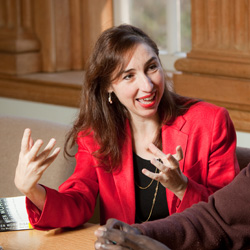
Ana Wahl, Ph.D.
I completed my undergraduate degree at Creighton University and subsequently completed an M.A. and Ph.D. at Indiana University. I then spent several years as an Assistant Professor at the University of Nebraska-Lincoln. I joined the Department of Sociology at Wake Forest in 2002.
My research focuses on several dimensions of social stratification and the politics of inequality. This work includes research on labor relations and race relations. In the area of labor relations, I have studied the politics of health and safety legislation with a recent emphasis on the conditions facing Latino workers in the meat packing industry. In the area of race relations, I have examined the dimensions and dynamics of residential segregation in micropolitan areas, focusing on new Latino destinations. More recently, my research on Latinos has broadened to include an analysis of alcohol use and abuse among first-generation, second-generation, and third-generation plus adolescents. My work has been published in Social Problems, Sociological Compass, Social Science Research and Sociological Spectrum.
I have taught a wide range of courses that reflect my research interests as well as my efforts to integrate both community outreach and research with the substantive work covered in these classes. These courses include: Principles of Sociology, Race and Ethnic Relations, Sociology of Work, Social Problems, Special Topics: Immigration, and a Freshmen Year Seminar. In all of these courses, students are introduced to the principles of social research and the opportunities for community outreach that coursework in sociology prepares us to pursue. In a similar vein, I recently served with Dr. Steven Gunkel as a faculty advisor on an international service trip to Kayamandi, South Africa. In the post-apartheid era, this black township is a place where the work of tearing down the legacy of racism and colonialism remains pressing. As part of the Wake Forest contingent, I had an opportunity to provide a computer literacy course to adults living in this township.

Ivan Weiss
Ivan Weiss is an educator and documentary filmmaker based in North Carolina. He is Director of the Journalism Program at Wake Forest University. As a filmmaker, his work has explored a variety of subjects, including experimental music, baseball, desegregation, the plight of wounded military veterans, and more.
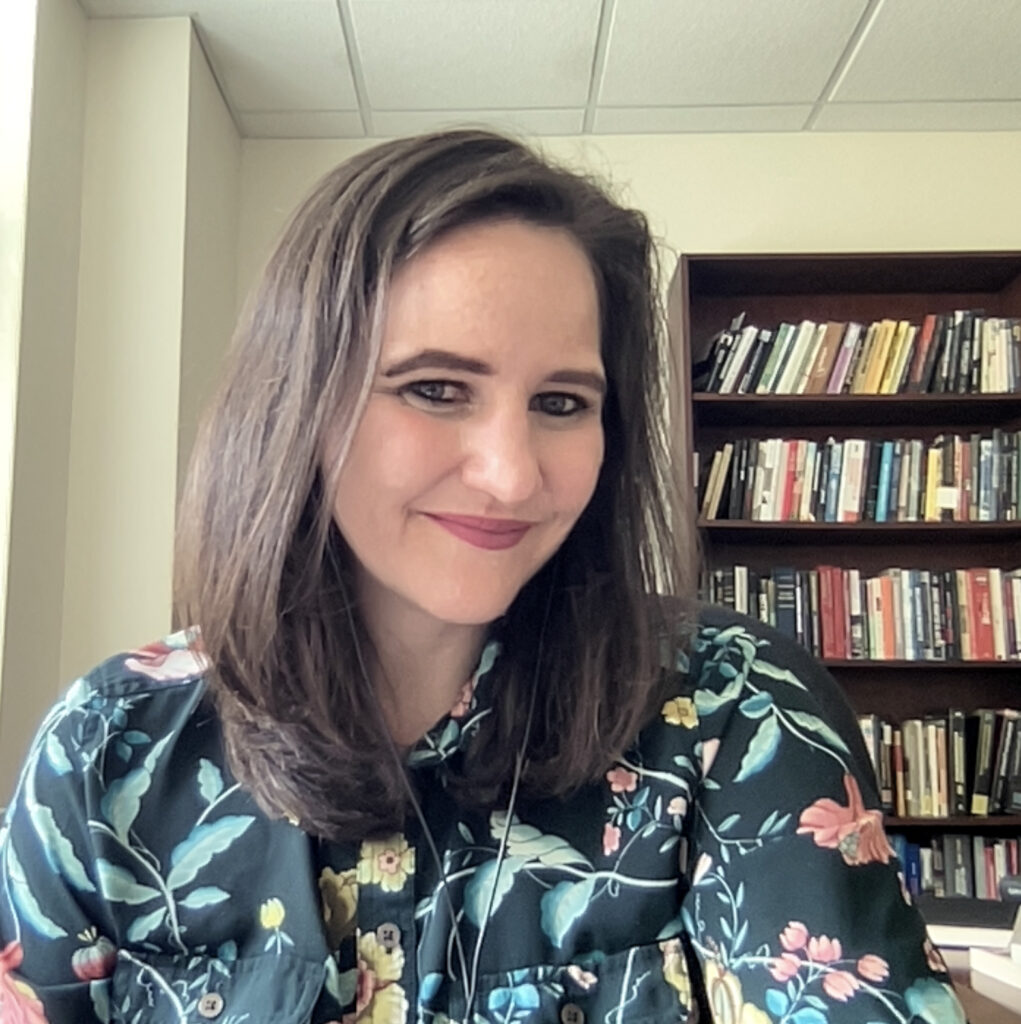
Tess Wise, Ph.D.
Tess Wise is an Assistant Professor of Politics and International Affairs. She studies American political economy, paying particular attention to the way White supremacy is constructed through debt and institutions such as personal bankruptcy. Professor Wise is working on a book manuscript that combines lived experiences of Americans going through Chapter 13 personal bankruptcy with an analysis of personal bankruptcy’s racialized position in the American welfare state. She likes to consider what are sometimes thought of as primarily economic topics, such as consumer finance, through the lens of family, racial inequality, and politics. Professor Wise also does research in American politics more broadly, working on topics such as how newspapers covered the crack-cocaine versus opioid epidemics, racial priming in experimental research, the gender politics of political methodology, and how America is positioned to participate in the debate over the future of global public health in the context of COVID-19. Before coming to Wake Forest in 2021, Professor Wise completed her Ph.D. at Harvard University in 2019 and was a Visiting Assistant Professor at Amherst College. Her work has been published in the Journal of Health Policy, Politics, and Law and PS: Political Science and Politics.
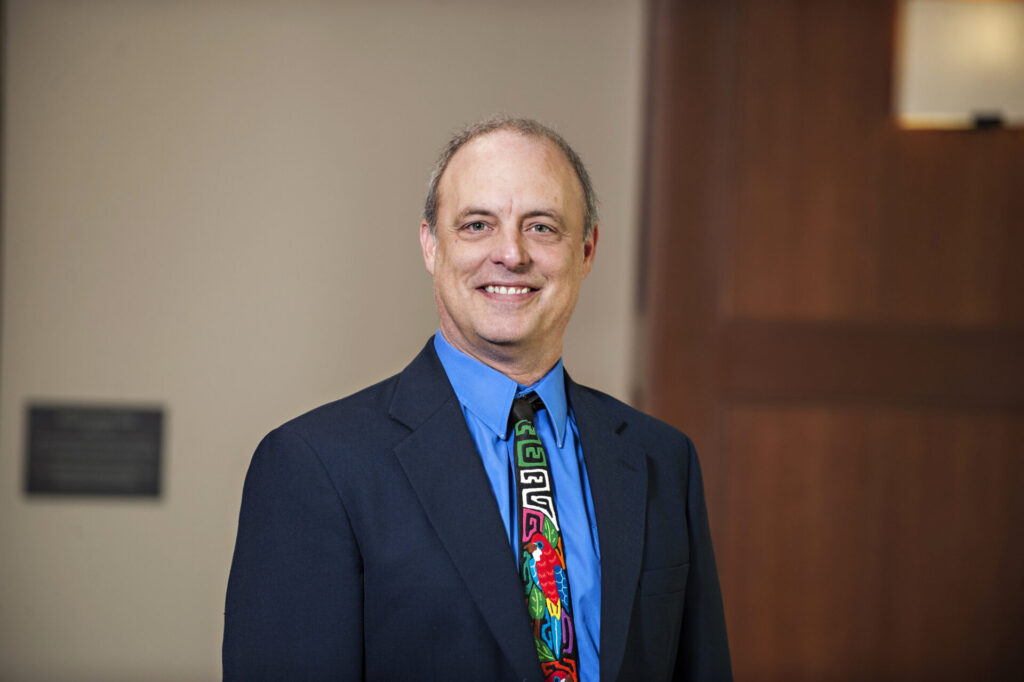
Ron Wright, J.D
Ron Wright is one of the nation’s best known criminal justice scholars. He is the co-author of two casebooks in criminal procedure and sentencing; his empirical research concentrates on the work of criminal prosecutors. He is a board member of the Prosecution and Racial Justice Project of the Vera Institute of Justice, and has been an advisor or board member for Families Against Mandatory Minimum Sentences (FAMM), North Carolina Prisoner Legal Services, Inc., and the Winston-Salem Citizens’ Police Review Board. Prior to joining the faculty, he was a trial attorney with the U.S. Department of Justice, prosecuting antitrust and other white-collar criminal cases. Ron and his wife, Amy, have two children.
The land on which Wake Forest University now resides and the land on which the original campus resided served for centuries as a place for exchange and interaction for Indigenous peoples, specifically Saura, Catawba, Cherokee, and Lumbee in the current location and Shakori, Eno, Sissipahaw, and Occaneechi in the original campus location.
americanindiancenter.unc.edu/resources/about-nc-native-communities/

